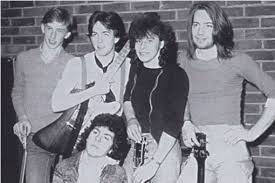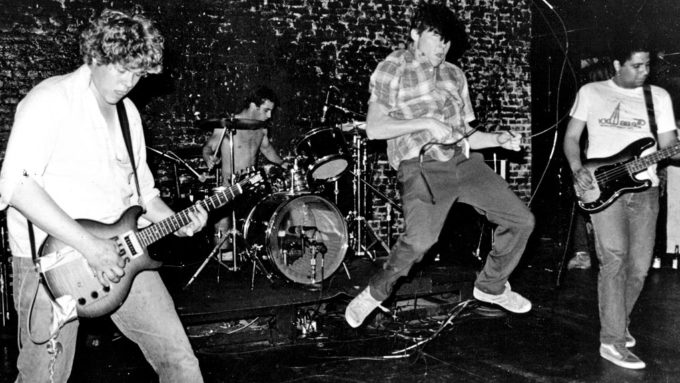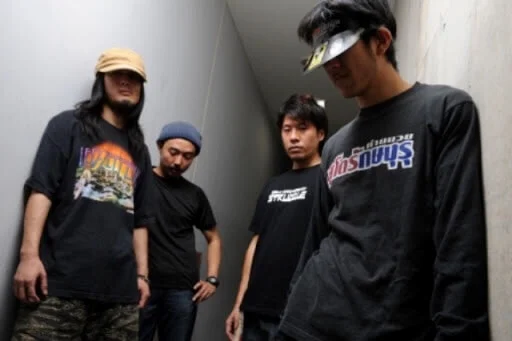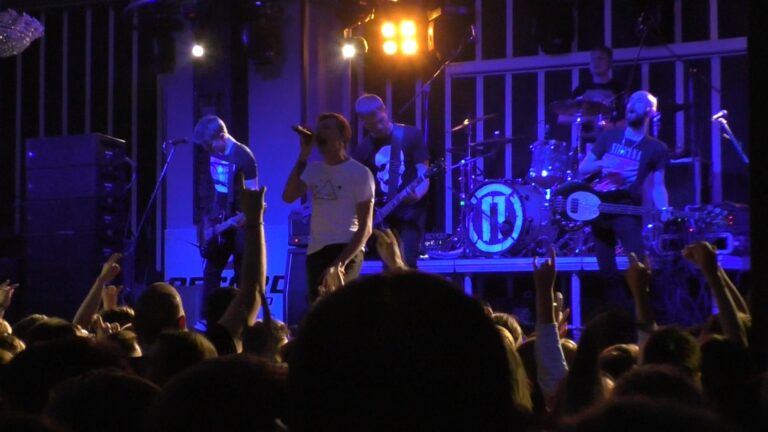Easy Cure

Easy Cure, the predecessor to the iconic band The Cure, had its origins in the school friendships of founding members at Notre Dame Middle School in Crawley, West Sussex. Formed in the mid-1970s, the band underwent several changes before evolving into The Cure.
Formation and Early Years
The musical journey began with a one-off school band named Obelisk in April 1973, featuring Robert Smith, Michael Dempsey, Lol Tolhurst, Marc Ceccagno, and Alan Hill. Later, in January 1976, Ceccagno, Smith, and Dempsey formed the rock band Malice, influenced by artists like David Bowie and Jimi Hendrix. By December 1976, with new members Tolhurst, Martin Creasy, and Porl Thompson, Malice transitioned into Easy Cure due to Tolhurst’s songwriting contribution.
Recording Contract and Lineup Changes
After winning a talent competition, Easy Cure signed with German record label Ariola-Hansa in May 1977. Peter O’Toole, the vocalist at that time, left the group in September 1977. Robert Smith took over as the vocalist, and the band recorded studio demo sessions for Hansa in October and November 1977. Despite regular performances around Crawley, Hansa dissolved their contract in March 1978 due to disagreements over cover songs.
On April 22, 1978, Easy Cure played their last gig with guitarist Porl Thompson. Smith, Dempsey, and Tolhurst continued as a trio, soon to be renamed The Cure.
Transition to The Cure
In April 1978, after dropping Thompson due to musical differences, Smith renamed the trio The Cure. They recorded their first sessions as a trio at Chestnut Studios, Sussex, creating a demo tape. This demo caught the attention of Polydor Records scout Chris Parry, leading to a record deal with his newly formed Fiction label in September 1978.
Debut Single and Recognition
The Cure released their debut single, “Killing an Arab,” in December 1978 on the Small Wonder label. Despite initial controversy surrounding its title, the song’s inspiration from Albert Camus’s novel The Stranger was clarified. The Cure’s early presence on the London music circuit gained attention, and their refreshing style was noted by NME.
The journey from Easy Cure to The Cure marked the beginning of a legendary career in the music industry.





